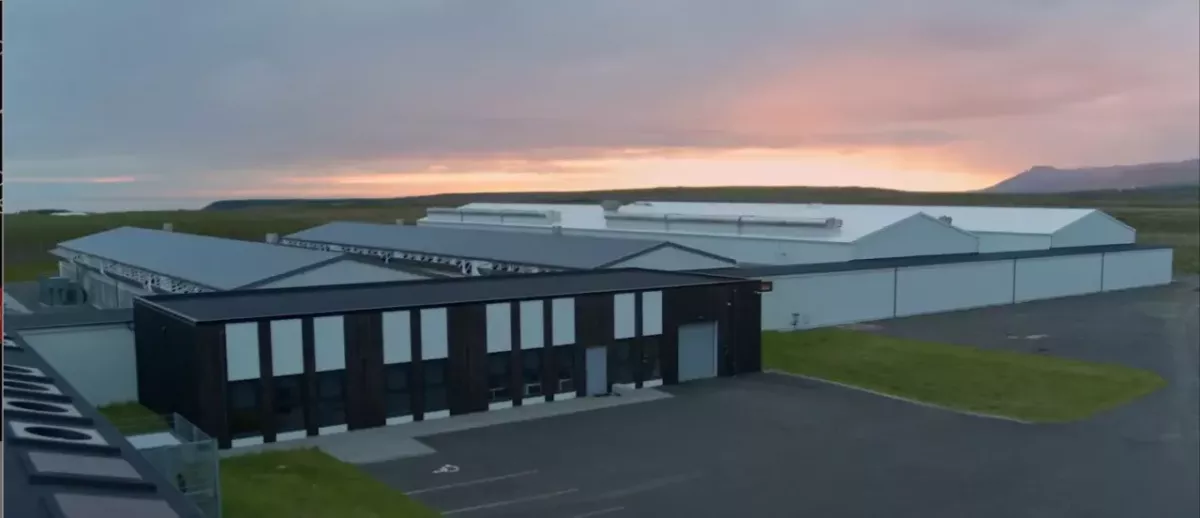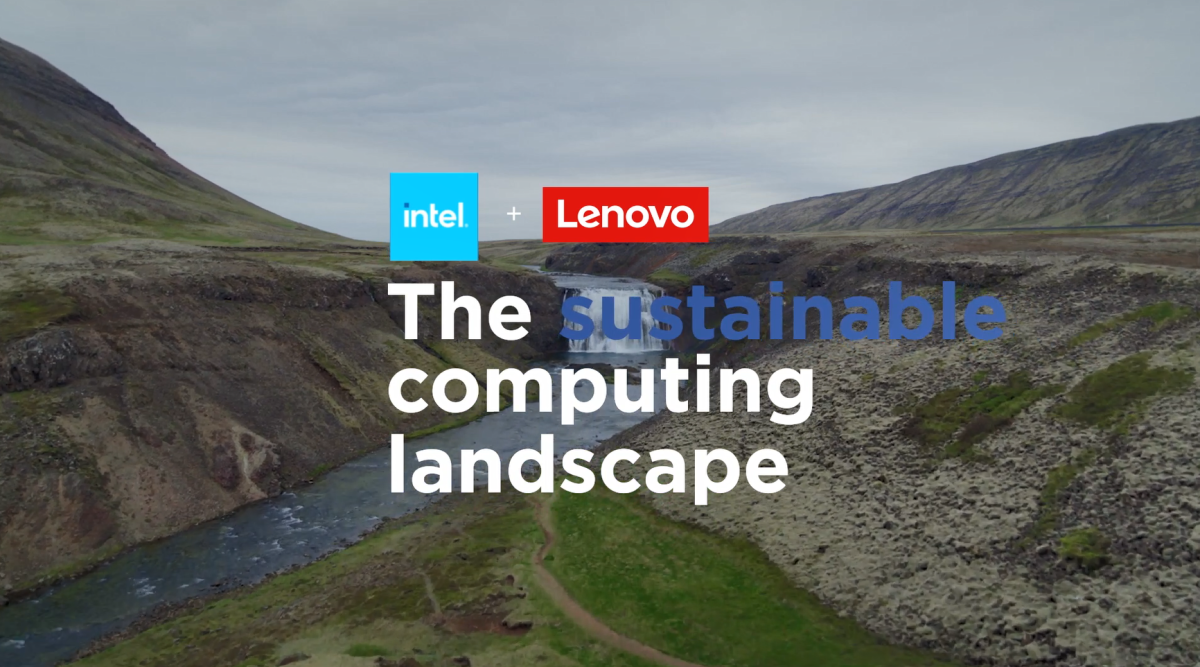Responsible Compute: Where Power Meets Sustainability
The Problem
In an era of environmental accountability, businesses face a pressing challenge: the imperative to monitor and manage their emissions.
Yet while most people – and organisations – are striving to reduce their CO2 output, the reality is often less impressive than the intention. Take High-Performance Computing (HPC): a significant tool to help tackle humanity’s greatest challenges – yet one which simultaneously produces emissions on a par with the widely demonized aviation industry.
Look north, however, to the windswept reaches between the Greenland Sea and the North Atlantic Ocean, and you will see a glimmer of hope. Not the Northern Lights (though they can be seen in all their splendour from there) but a company which has not only reduced emissions –it is on the cusp of that elusive ultimate goal of being completely carbon neutral.
Responsible Compute
Responsible Compute is a groundbreaking collaboration between Icelandic IT solutions provider Origo and Borealis Data Center. The company offers world-class HPC hosting services underpinned by a 100% renewable, low-cost infrastructure. And as the company’s CEO, Kristján Hafsteinsson, puts it: “While some of your HPC may need to be localised to your premises, in most cases there is no need for it to be in the same location.”
“I like to believe that every time we have a chance to let people know of us and how we work, it helps them realize that there are almost always greener options for their compute.”
As alternatives go, nowhere stands in comparison to Iceland, where CO2 emissions per kWh are a mere 2.8g (LV reported carbon footprint per kWh in 2022), in stark contrast to the global average of 440g – and a mere fraction of the 100g emissions rate which is regarded as “green” energy generation by the European Union.
“Our HPC and AI services are not just carbon-neutral; they are a harmonious blend of nature’s best offerings and cutting-edge technology,” adds Kristján. “What truly sets us apart is our holistic approach to sustainability, which begins with tapping into Iceland’s abundant renewable energy sources, like geothermal and hydropower.”
But the innovation doesn’t stop there. Instead of relying on heavily mechanical cooling systems utilising polluting coolants, Borealis Data Center harnesses the natural, cold Icelandic environment to keep its servers at optimal temperatures and further reduce energy consumption.
Tech partners
Helping to drive this mission forward is Responsible Compute’s partnership with Lenovo. One of the biggest challenges that companies face lies in being aware of their emissions. This is especially important in the European Union, where the Corporate Sustainability Reporting Directive demands that SMEs and larger companies must report their emissions from 2024.
“The XClarity Energy Manager (LXEM) from Lenovo plays a huge role for us here,” says Kristján, allowing the company to identify both its own usage and that of its customers, along with a dashboard and portal where all the information is accessible.
By encouraging businesses to move elements of their HPC workloads to data centres powered by natural resources, Responsible Compute is part of a wider movement to make huge strides towards reaching ESG goals.
And amid the growing focus on Artificial Intelligence, it is all too easily forgotten that its advancement is only as good as the hardware and software which powers the process. And that this comes with the potential for a significant increase in energy consumption.
So, if AI is to be sustainable, it needs the right partnerships. Hence Responsible Compute’s collaboration with the Icelandic European Digital Innovation Hub.
“This collaboration enables us to aid universities, institutions, and businesses in leveraging high-performance computing in a sustainable manner, ensuring that the future of technology is not just powerful, but also environmentally responsible,” concludes Kristján.
“In a world that’s rapidly evolving, we’re proud to offer a service that looks ahead, ensuring the next generation of computing doesn’t come at the cost of our planet.”
Read more about Responsible Compute and Lenovo in the full case study.



